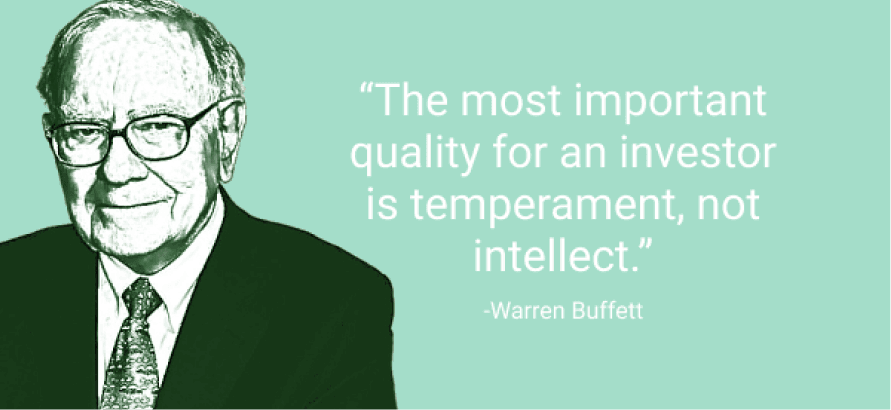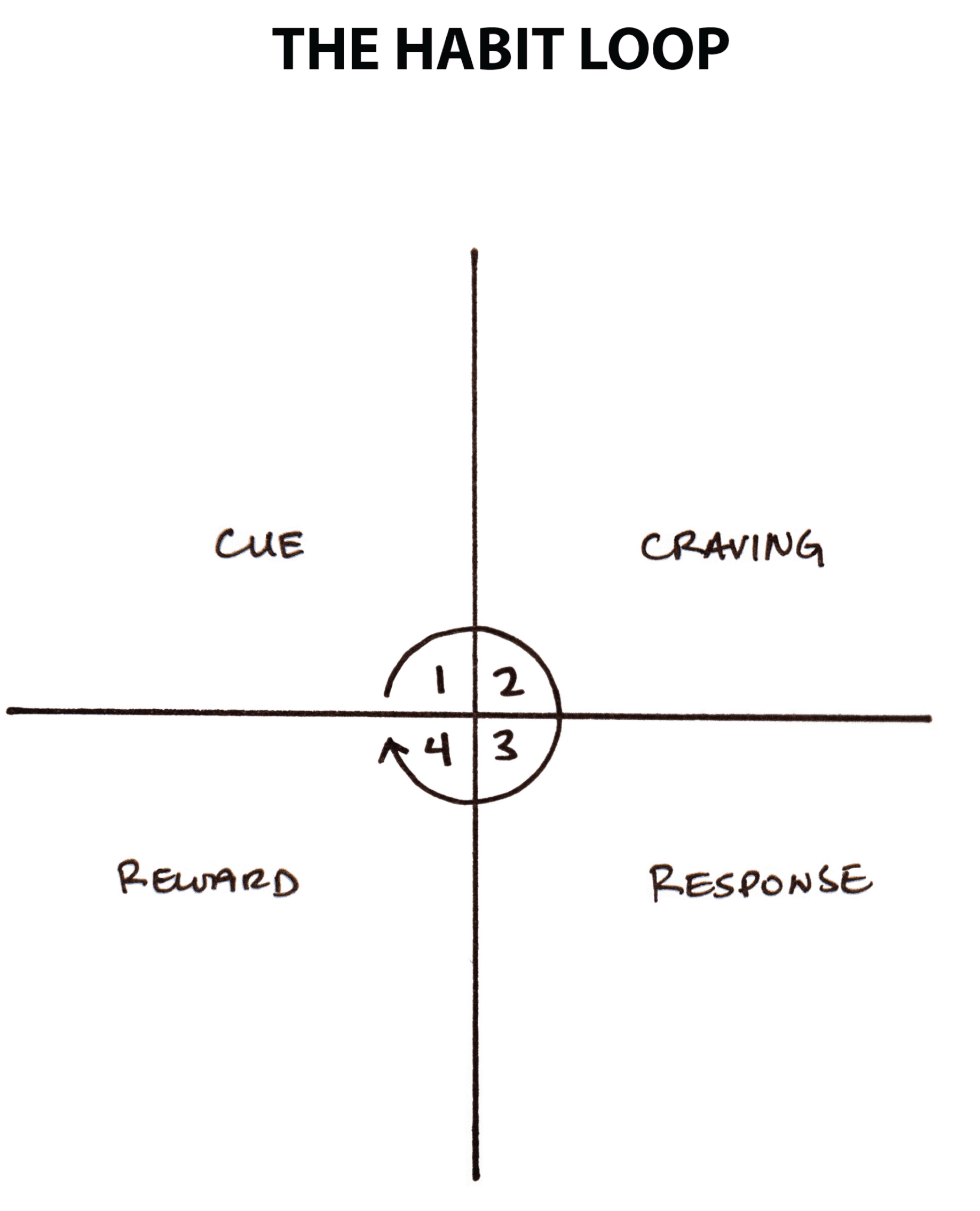Habits Versus Rewards
Normally we think of habits as close to unbreakable, but here too the experiments tell us something important.
They tell us something about our behavior in a situation where we have been trained for a certain action. The participants in our experiments spent a lot of time learning how to connect a single box with a shift of attention to a particular corner of the screen.
Training the attention shifts should make them into habits. But when they were presented with four competing actions that they had a short time to decide on, participants chose the reward over the habitual behavior.
25
76 reads
CURATED FROM
IDEAS CURATED BY
New research suggests our brains prioritize actions based on rewards, not habits, challenging the idea that tech simply “steals” attention.
“
Similar ideas to Habits Versus Rewards
Form Healthy Money Habits
Most of your behavior is habitual. You can change your habits and the earlier you start, the better.
Saving is a habit. Learn the habits of saving properly early. Pay attention to your money habits. Strengthen those habits that help your finances, and break the habits that hurt your finance...
1. How Habits Work
Habits can be changed if we understand their mechanisms.
The basal ganglia, a part of the brain, stores and executes our habits independently of other brain functions, allowing us to perform routines without conscious thought.
All habits are based on a four-step pattern, which consists of cue, craving, response, and reward.
When it comes to habits, James suggests that the environment is the invisible hand that shapes human behavior. That’s why a prompt is always the first step in performing any habit.
- Cue. A p...
Read & Learn
20x Faster
without
deepstash
with
deepstash
with
deepstash
Personalized microlearning
—
100+ Learning Journeys
—
Access to 200,000+ ideas
—
Access to the mobile app
—
Unlimited idea saving
—
—
Unlimited history
—
—
Unlimited listening to ideas
—
—
Downloading & offline access
—
—
Supercharge your mind with one idea per day
Enter your email and spend 1 minute every day to learn something new.
I agree to receive email updates


